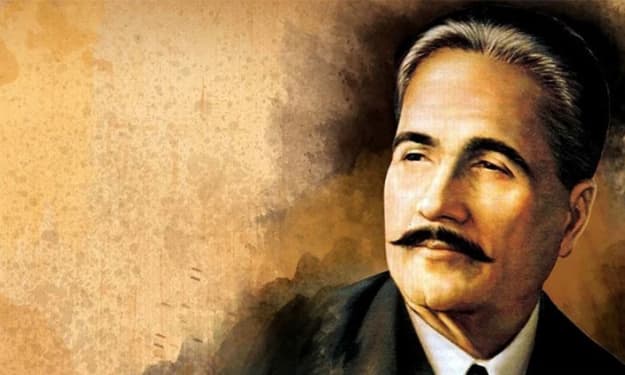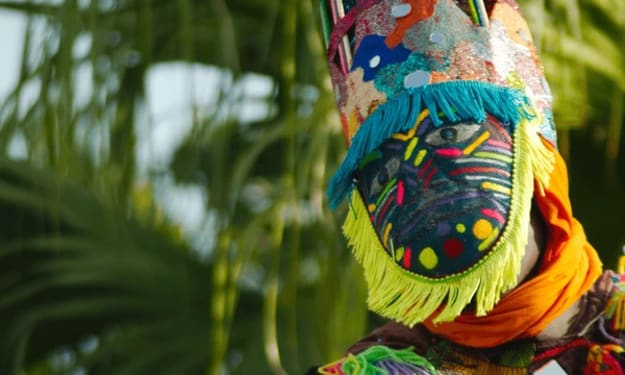
Poetry is a form of artistic expression that uses language to evoke emotion, convey meaning, and create beauty. It has been an important part of human culture for thousands of years and continues to be a powerful means of communication and self-expression. In this article, we will explore the history of poetry, its characteristics, and its many forms.
History of Poetry
Poetry has been around for as long as humans have been able to communicate through language. Some of the earliest known examples of poetry come from ancient civilizations such as Sumeria and Egypt, where poems were often recited during religious ceremonies and other important events.
In ancient Greece, poetry played a central role in cultural life. Poets such as Homer and Hesiod wrote epic poems that told stories of gods and heroes, while lyric poets such as Sappho wrote shorter poems that expressed personal emotions and experiences.
During the Middle Ages, poetry continued to be an important form of artistic expression. Poets such as Dante Alighieri and Geoffrey Chaucer wrote epic poems that explored themes of love, religion, and politics.
In the Renaissance, poetry became even more diverse and experimental. Poets such as William Shakespeare and John Donne wrote sonnets and other forms of poetry that explored complex emotions and ideas.
Today, poetry continues to be an important part of human culture. It can be found in a wide range of contexts, from song lyrics to spoken word performances.
Characteristics of Poetry
Poetry is characterized by its use of language to create meaning and beauty. Here are some of the key characteristics of poetry:
1. Imagery: Poetry often uses vivid imagery to create a sensory experience for the reader. This can include descriptions of sights, sounds, smells, tastes, and textures.
2. Metaphor: Metaphor is a figure of speech that compares two things by saying that one thing is another. For example, "life is a journey" is a metaphor that compares life to a journey.
3. Symbolism: Symbolism is the use of symbols to represent abstract ideas or concepts. For example, a dove can be a symbol of peace.
4. Rhythm: Poetry often has a distinctive rhythm or meter that creates a musical quality to the language.
5. Rhyme: Rhyme is the repetition of similar sounds at the end of words. It can create a sense of unity and coherence in a poem.
Forms of Poetry
Poetry can take many different forms, each with its own unique characteristics. Here are some of the most common forms of poetry:
1. Sonnet: A sonnet is a 14-line poem with a specific rhyme scheme and meter. It is often used to express love or other intense emotions.
2. Haiku: A haiku is a three-line poem that originated in Japan. It typically focuses on nature and uses a specific syllable count (5-7-5) for each line.
3. Free verse: Free verse is a form of poetry that does not have a specific rhyme scheme or meter. It allows poets to experiment with language and form in a more flexible way.
4. Epic poem: An epic poem is a long, narrative poem that tells the story of heroic deeds or events. Examples include Homer's "Iliad" and "Odyssey."
5. Ballad: A ballad is a narrative poem that tells a story in a simple, direct style. It often has a strong musical quality and uses repetition and rhyme to create a memorable effect.
Conclusion
Poetry is a powerful form of artistic expression that has been an important part of human culture for thousands of years. It uses language to create meaning, evoke emotion, and create beauty. Whether it is a sonnet, haiku, or free verse poem, each form of poetry has its own unique characteristics that make it a powerful means of communication and self-expression.
About the Creator
Mjawad Raza
life doesn't always give you a second chance
You never get second chance to create the first impression
So make your first chance count
Enjoyed the story? Support the Creator.
Subscribe for free to receive all their stories in your feed. You could also pledge your support or give them a one-off tip, letting them know you appreciate their work.






Comments
There are no comments for this story
Be the first to respond and start the conversation.